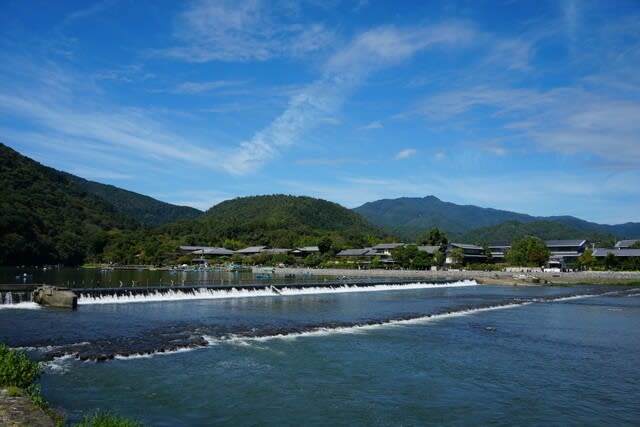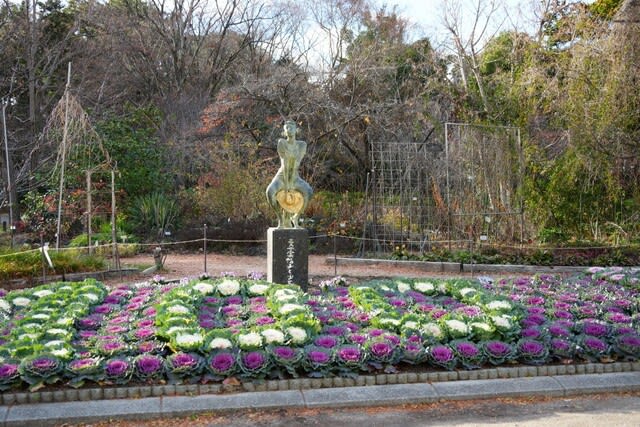It is the chapter I sent out on 09/30/2020.
I had been the victim of a criminal act of search and seizure interference.
I am re-submitting it.
The German people, especially the citizens of Berlin, must read this genuine paper with shame.
This morning's Sankei Shimbun reported that Berlin's city installed a comfort women's statue in the center of the town despite the opposition of the Japanese side.
I spoke of Germany, where Kang Sang-jung studied after graduating from Waseda University.
He tells plausible lies with impunity that his father, who had escaped from Korea's wretched country to Japan to seek work in Japan, was forcibly taken away by the Japanese authorities.
Shin Su-gok, a helpless woman and a spy on the Korean peninsula itself, defected to Germany as soon as the Abe administration created an anti-spy law, albeit imperfect.
The incident took place in Berlin, Germany.
This Shin Su-gok and other anti-Japanese propaganda organizations funded by the South Korean government may have been responsible for the propaganda.
It is a genuine article that should be read with shame by all the Süddeutsche Zeitung employees. It has successfully taught about half of the German population anti-Japanese ideology by continuously publishing anti-Japanese articles in the Asahi Shimbun.
NHK announcer Kensuke Okoshi took Kang Sang-jung's word for it and said Okoshi respected him wholeheartedly when he hosted their flagship news program.
They also commented on the public broadcaster NHK's outrageous lie that we forced the Koreans to come to Japan.
Hyakuta Naoki was on the NHK management board then and did not leave this statement unchallenged.
The following is from Masayuki Takayama's serialized column in the regular monthly magazine THEMIS, which arrived at my house today.
This article also proves that he is the one and only journalist in the post-war world.
I stopped subscribing to the Asahi Shimbun six years ago in August, so I had no idea about the paper after that.
The Asahi Shimbun is insane. It's ridiculous.
It's the height of regret that I subscribed to this newspaper until August six years ago.
The people of Japan were disgusted by the Asahi Shimbun's emotional drive to "beat Abe."
Public opinion has abandoned Asahi for its lies and, in turn, has praised "Abe's diplomacy.
Asahi's articles are only personal resentment and defamatory statements.
One night after Prime Minister Abe announced his resignation, the Asahi Shimbun filled the pages with shouts of 'We can finally hold Abe's funeral.'
It filled the entire page with Abe's criticism from the front to the social media pages.
There were quite a few lies mixed in as well.
There was no sense of ethics in the press.
If this were a TV program, all the articles would be immediately censured by BPO for violating ethics.
Newspapers do not have such an ethics monitoring body.
It is because newspapers have more intelligence and ethics than TV crews. Still, the Asahi, on the contrary, took advantage of this and hurled personal indignation and slander at them.
Among other things, editorial board member Sato Taketsugu Sato's criticism of Abe's diplomacy on the second page was particularly harsh.
Under the headline, "The kidnapping issue is at the mercy of the United States, and diplomacy with Russia and South Korea, which was touted as the culmination of the post-war era, has not yet been completed," he ridiculed the whole thing as a failure.
His boss, probably around Seiki Nemoto of the editorial board, ordered him to condemn Abe thoroughly.
Even if that were the case, the article would have been well written and given readers a glimpse into the essence of Abe's foreign policy.
But the article was emotional from the start and offered no relief.
There was no depth to hint at the fact that he was interviewed.
They spun a superficial phenomenon with malicious intent.
Take, for example, the article's diplomacy with South Korea.
Abe's diplomacy with South Korea was motivated by the desire "not to allow the fate of the nation to continue to apologize to its children and grandchildren" (Abe's statement in 2015), which is why he and Park Geun-hye reached the Comfort Women's Agreement in the same year.
It was a confirmation by both countries that the comfort women issue had been "finally and irreversibly resolved" by attaching 1 billion yen in cash to Prime Minister Abe's "heartfelt apology to the comfort women who caused them pain."
The South Koreans also promised to remove a shameful prostitute's statue in front of Seoul's Japanese Embassy.
That's it.
We will leave nothing for the next generation.
The Asahi's report on comfort women is a fabrication.
This article continues.





















